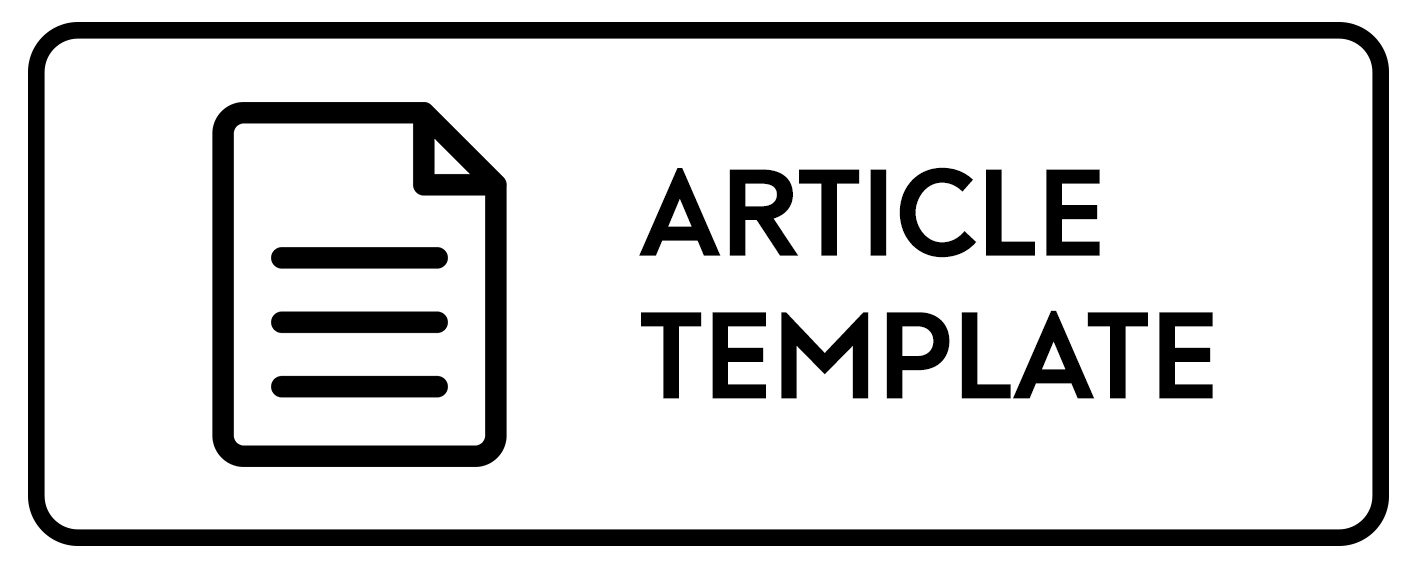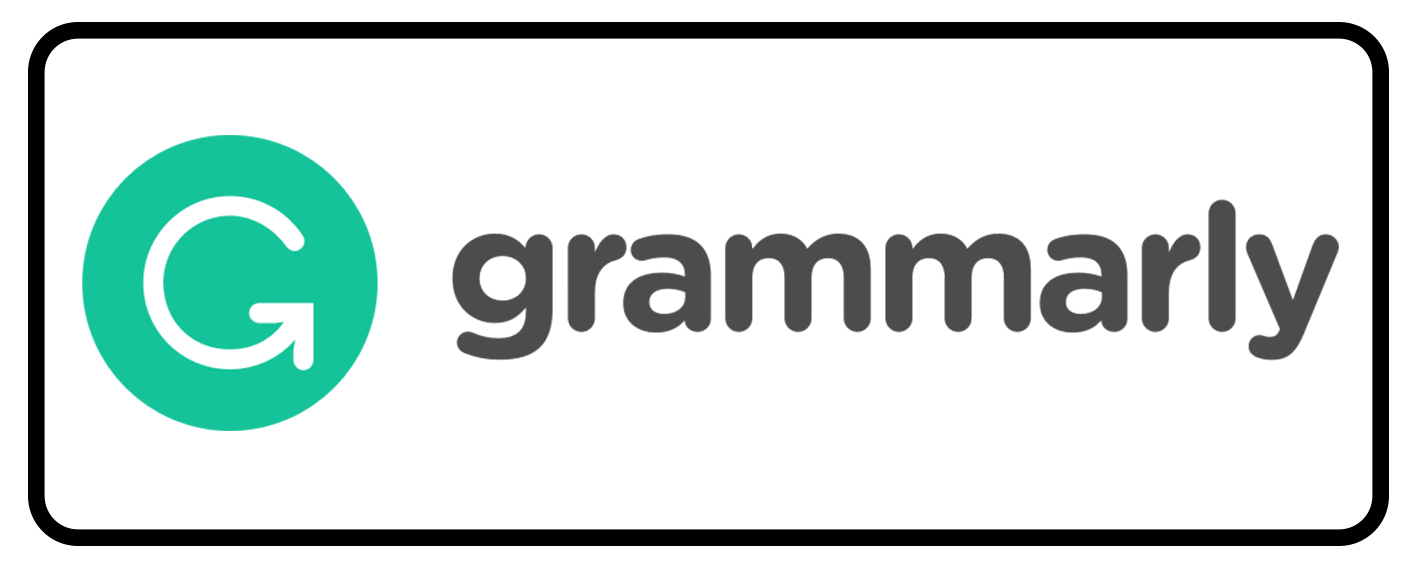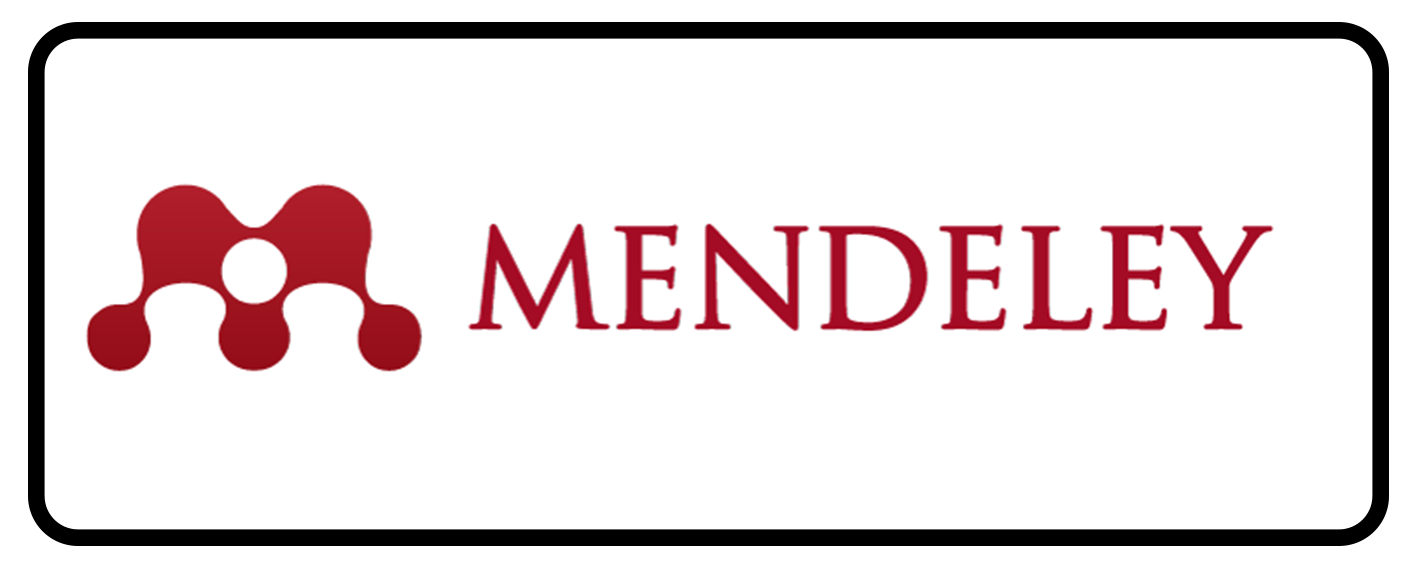‘Barangnya ready ya, wal…!’: Language use of Facebook group as a marketing platform
Abstract
This current study aims to explore language use in Facebook groups as a marketing platform, viewed from linguistic and localized features. It was conducted in a qualitative study by involving two Facebook public groups in Samarinda as the research subjects. In collecting data, observation and documentation of FB’s posts and comments were employed. In analyzing data, it was conducted quantitatively and qualitatively. Based on the findings, it can be summarized that language use in the platform can be categorized within several features, namely: (1) lexical and syntactical features. In lexical features, it was primarily found in reduced forms (6 data), word choice (1 data), and spelling (3 data). In contrast, in syntactical features, it was mostly found capitalization (6 data), grammar (1 data), and punctuation (2 data), (2) localized features found from posts and comments in the two selected FB groups as a marketing place in Samarinda are code-switching (1 data), code-mixing (10 data), lexical borrowing (3 data), and shift (2 data), and (3) Banjar and Java language mainly were employed to communicate in those FB groups beside of using Indonesia language.
Keywords
Full Text:
PDFReferences
Alrubaian, M., Al-Qurishi, M., Alamri, A., Al-Rakhami, M., Hassan, M. M., & Fortino, G. (2018). Credibility in online social networks: A survey. IEEE Access, 7, 2828–2855.
Assimakopoulos, C., Antoniadis, I., Kayas, O. G., & Dvizac, D. (2017). Effective social media marketing strategy: Facebook as an opportunity for universities. International Journal of Retail & Distribution Management.
Bazarova, N. N., Taft, J. G., Choi, Y. H., & Cosley, D. (2013). Managing impressions and relationships on Facebook: Self-presentational and relational concerns revealed through the analysis of language style. Journal of Language and Social Psychology, 32(2), 121–141.
Blommaert, J. (2010). The Sociolinguistics of Globalization. Cambridge University Press.
Caers, R., De Feyter, T., De Couck, M., Stough, T., Vigna, C., & Du Bois, C. (2013). Facebook: A literature review. New Media & Society, 15(6), 982–1002.
Carroll, K. S., & Mari, V. Z. (2017). Puerto Rican language use on Facebook. Centro Journal, 29(2).
Chawla, Y., & Chodak, G. (2021). Social media marketing for businesses: Organic promotions of web-links on Facebook. Journal of Business Research, 135, 49–65.
Crystal, D. (2011). Internet Linguistics: A Student Guide. Routledge.
Direction, S. (2012). New media needs new marketing: Social networking challenges traditional methods. Strategic Direction, 28(6), 24–27.
Dovchin, S. (2017). The role of English in the language practices of Mongolian Facebook users: English meets Mongolian on social media. English Today, 33(2), 16–24.
Eisenhardt, K. M. (2002). Building theories from case study research. The Qualitative Researcher’s Companion. London: Sage.
Fink, M., Koller, M., Gartner, J., Floh, A., & Harms, R. (2020). Effective entrepreneurial marketing on Facebook—A longitudinal study. Journal of Business Research, 113, 149–157.
Fitriyani, I., Wilian, S., & Yusra, K. (2019). Ekspresi Bahasa Indonesia tulis berdasarkan gender pada media Facebook. LINGUA: Jurnal Bahasa, Sastra, dan Pengajarannya, 16(1), 137–156.
Fleuriet, C., Cole, M., & Guerrero, L. K. (2014). Exploring Facebook: Attachment style and nonverbal message characteristics as predictors of anticipated emotional reactions to Facebook postings. Journal of Nonverbal Behavior, 38(4), 429–450.
Fraenkel, J. R., Wallen, N. E., & Hyun, H. H. (2012). How to Design and Evaluate Research in Education. McGraw-Hill.
Gao, Y., & Zeng, G. (2021). Exploring linguistic features, ideologies, and critical thinking in Chinese news comments. Humanities and Social Sciences Communications, 8(1), 1–8.
Halim, N. S., & Maros, M. (2014). The functions of code-switching in Facebook interactions. Procedia-Social and Behavioral Sciences, 118, 126–133.
Hansson, L., Wrangmo, A., & Søilen, K. S. (2013). Optimal ways for companies to use Facebook as a marketing channel. Journal of Information, Communication and Ethics in Society.
Hashim, F., Soopar, A. A., & Hamid, B. A. (2017). Linguistic features of Malaysian students’ online communicative language in an academic setting: The case of Universiti Kebangsaan Malaysia. Akademika, 87(1).
He, D., & Li, D. C. S. (2009). Language attitudes and linguistic features in the “China English” debate. World Englishes, 28(1), 70–89.
Holmes, J., & Wilson, N. (2017). An Introduction to Sociolinguistics. Routledge.
InternetWorldstats. (2021). Facebook Subscribers in June 2021.
Kabadayi, S., & Price, K. (2014). Consumer–brand engagement on Facebook: Liking and commenting behaviors. Journal of Research in Interactive Marketing.
Kachru, Y., & Nelson, C. L. (2006). World Englishes in Asian Contexts (Vol. 1). Hong Kong University Press.
Karanjakwut, C. (2018). An investigation of linguistic and localised features of Thai in English writing on Facebook closed group. Advances in Language and Literary Studies, 9(6), 1–8.
Khamkhien, A. (2014). Linguistic features of evaluative stance: Findings from research article discussions. Indonesian Journal of Applied Linguistics, 4(1), 54–69.
Kibort, A., & Corbett, G. G. (2010). Features: Perspectives on a Key Notion in Linguistics. Oxford University Press.
Kurniawan, B. (2016). Code-Mixing on Facebook postings by EFL students: A small scale study at an SMP in Tangerang. Indonesian JELT: Indonesian Journal of English Language Teaching, 11(2), 169–180.
Lee, C., & Kahle, L. (2016). The linguistics of social media: Communication of emotions and values in sport. Sport Marketing Quarterly, 25(4).
Leung, X. Y., Bai, B., & Stahura, K. A. (2015). The marketing effectiveness of social media in the hotel industry: A comparison of Facebook and Twitter. Journal of Hospitality & Tourism Research, 39(2), 147–169.
Luke, J. Y. (2015). The use of code-mixing among Pamonanese in Parata Ndaya closed-group Facebook. Lingua Cultura, 9(1), 40–46.
Mangold, W. G., & Faulds, D. J. (2009). Social media: The new hybrid element of the promotion mix. Business Horizons, 52(4), 357–365.
Miller, A. M., Morgan, W. J., & Koronkiewicz, B. (2019). Like or tweet: Analysis of the use of Facebook and Twitter in the language classroom. TechTrends, 63(5), 550–558.
Mosquera, R., Odunowo, M., McNamara, T., Guo, X., & Petrie, R. (2020). The economic effects of Facebook. Experimental Economics, 23(2), 575–602.
Musonera, E., & Weber, J. M. (2018). Analysis of marketing strategies in the social media: Facebook case analysis. Journal of Marketing Development & Competitiveness, 12(1).
Nikou, S., Brännback, M. E., Orrensalo, T. P., & Widén, G. (2020). Social media and entrepreneurship: Exploring the role of digital source selection and information literacy. In Understanding Social Media and Entrepreneurship (pp. 29–46). Springer.
Nwala, M. A., & Tamunobelema, I. (2019). The social media and language use: The case of Facebook. Advances in Language and Literary Studies, 10(4), 9–13.
Pinto, M. B., & Yagnik, A. (2016). Fit for life: A content analysis of fitness tracker brands use of Facebook in social media marketing. Journal of Brand Management, 24(1), 49–67.
Reyes, R., De Vera, K. M. L., & Medriano, R. S. (2018). The functions of language in Facebook posting. Asian EFL Journal, 20, 196–206.
Schjoedt, L., Brännback, M. E., & Carsrud, A. L. (2020). Understanding Social Media and Entrepreneurship: The Business of Hashtags, Likes, Tweets and Stories. Springer Nature.
Secundo, G., Del Vecchio, P., & Mele, G. (2020). Social media for entrepreneurship: Myth or reality? A structured literature review and a future research agenda. International Journal of Entrepreneurial Behavior & Research.
Su, N., Reynolds, D., & Sun, B. (2015). How to make your Facebook posts attractive: A case study of a leading budget hotel brand fan page. International Journal of Contemporary Hospitality Management.
Sulistyowati, H. M., Prabawa, A. H., Nasucha, Y., & Rahmawati, L. E. (2020). Variasi Bahasa, Singkatan, dan Kesalahan Ejaan Pada Fitur Market Place di Facebook. ESTETIK: Jurnal Bahasa Indonesia, 3(2), 135–150.
Tadesse, M. M., Lin, H., Xu, B., & Yang, L. (2018). Personality Predictions Based on User Behavior on The Facebook Social Media Platform. IEEE Access, 6, 61959–61969.
Tariq, U., & Sarfraz, S. (2018). Famous Social Media Application and Use of Hashtags in Pakistani Context: A Survey. New Media and Mass Communication, 71(0), 41–47.
Tariq, U., Sarfraz, S., & Abbas, A. (2020). Digital media users and Facebook hashtags’ misinterpretations. Online Information Review.
Tracy, S. J. (2019). Qualitative Research Methods: Collecting Evidence, Crafting Analysis, Communicating Impact. John Wiley & Sons.
Verma, P. K., Agrawal, P., Amorim, I., & Prodan, R. (2021). WELFake: Word embedding over linguistic features for fake news detection. IEEE Transactions on Computational Social Systems.
Wilson, R. E., Gosling, S. D., & Graham, L. T. (2012). A review of Facebook research in the social sciences. Perspectives on Psychological Science, 7(3), 203–220.
Wu, Y. Q. (2018). The linguistic and non-linguistic features in Facebook status updates among Malaysian youths: A Sociolinguistic Perspective. Journal of Research and Innovation in Social Science (IJRISS), 2(12), 247–253.
DOI: http://dx.doi.org/10.30872/calls.v11i0.22922
Copyright (c) 2025 Aries Utomo, Singgih Daru Kuncara

This work is licensed under a Creative Commons Attribution-ShareAlike 4.0 International License.
Editorial address:
Fakultas Ilmu Budaya, Universitas Mulawarman
Address: Jl. Ki Hajar Dewantara, Gunung Kelua, Kec. Samarinda Ulu, Kota Samarinda, Kalimantan Timur, Indonesia 75123
Email: jurnalcalls@fib.unmul.ac.id
Website: http://e-journals.unmul.ac.id/index.php/CALLS

CaLLs: Journal of Culture, Arts, Literature, and Linguistics site is licensed under a Creative Commons Attribution-ShareAlike 4.0 International License
CaLLs: Journal of Culture, Arts, Literature, and Linguistics indexing by:















